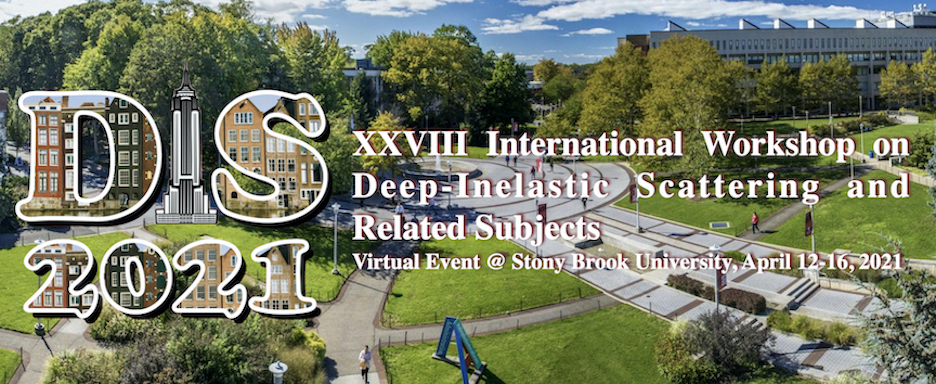Speaker
Description
We present a new release of the NNPDF family of global analyses of parton distribution functions: NNPDF4.0. It includes a wealth of new experimental data from HERA and the LHC, from dijet cross-sections to single-top and top-quark pair differential distributions. The NNPDF4.0 methodology benefits from improved machine learning algorithms, in particular automated hyperparameter optimisation and stochastic gradient descent for neural network training, which has been validated extensively by means of closure tests and future tests. We demonstrate the stability of the result with respect to the choice of parameterisation basis. We compare NNPDF4.0 with its predecessor NNPDF3.1 as well as to other recent global fits, and study its phenomenological implications for representative collider observables. We assess the impact of representative datasets on specific PDF combinations, such as the dijet and top quark data on the gluon, the Drell-Yan and neutrino DIS data on strangeness, and electroweak measurements on charm and quark flavour separation.

